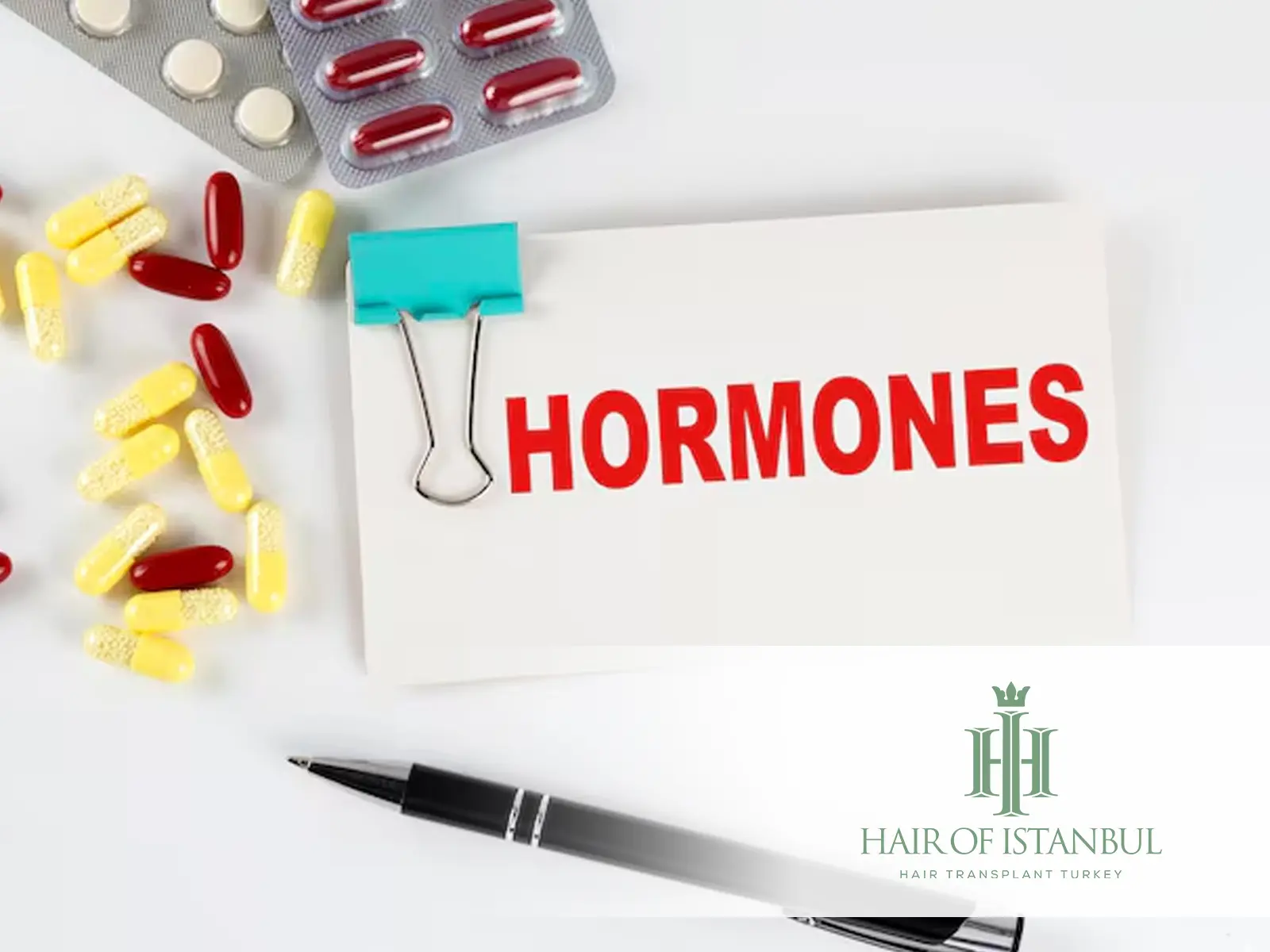
Exploring the Link Between Hormonal Health and Hair Restoration
Hair loss is rarely caused by a single factor. In many cases, hormonal imbalances play a silent yet powerful role in progressive hair thinning or baldness. For anyone considering hair restoration, understanding the link between Hair Transplant and Hormonal Balance is essential for achieving long-lasting results.
A successful hair transplant does not begin and end with the surgery. Without addressing the hormonal factors that contribute to hair loss, even the most advanced procedures may deliver limited benefits. This article explores the hormonal causes of hair loss and how they affect both the process and outcome of a hair transplant.
The Role of Hormones in Hair Loss
Hormonal influence on hair is particularly strong when it comes to androgens like dihydrotestosterone (DHT). This hormone shrinks hair follicles, making them incapable of producing healthy hair. The most common type of hair loss, androgenetic alopecia, is directly linked to this process.
Clinics like Hair of Istanbul analyze patients’ hair loss patterns and overall health to detect whether hormonal imbalance is a contributing factor. Recognizing this connection early allows for more effective treatment planning.
Why Hormonal Balance Matters in Hair Transplants
Understanding the relationship between Hair Transplant and Hormonal Balance is critical. While a transplant relocates healthy follicles from one part of the scalp to another, it does not stop ongoing hair loss caused by hormones. If DHT continues to affect non transplanted areas, thinning will persist.
Patients must manage hormone levels through medical support to maintain the surrounding hair and protect the investment made through a transplant. Without hormonal stabilization, results may diminish over time, regardless of how advanced the surgical method is.
Hair Transplant Solutions with a Hormonal Approach
A patient-focused clinic will never ignore the hormonal backdrop of hair loss. Hair of Istanbul integrates hormonal evaluations into its pre transplant planning process. This ensures the procedure is aligned with the patient’s biology, not just their visible symptoms.
Whether you are receiving a FUE hair transplant or DHI hair transplant, understanding the hormonal cause behind your hair loss will determine how sustainable your results will be in the long term.
Hormonal Factors in Women’s Hair Transplants
The relationship between Hair Transplant and Hormonal Balance is especially complex in women. Conditions such as polycystic ovary syndrome (PCOS), thyroid disorders, and menopause often result in fluctuating hormone levels that trigger thinning hair.
This is why hair transplant for women demands a careful hormonal assessment prior to any intervention. Leading clinics also offer female hair transplant options tailored to hormonal patterns specific to each individual.
Monitoring Hormones Post Transplant
After a successful hair transplant, hormonal stability must be monitored regularly. Medical professionals may recommend treatments or medications to suppress DHT activity and protect native hair.
Following surgery, ongoing care often includes instructions like those found in hair transplant care after, as well as lifestyle changes and hormonal therapy if needed. This multi dimensional approach strengthens the bond between Hair Transplant and Hormonal Balance for optimal retention of results.
Before and After Hair Transplant Results with Hormonal Support
Transplants done in harmony with the body’s hormonal status tend to yield more consistent results. When browsing through before and after hair transplant galleries, it’s clear that patients with stabilized hormone levels often experience more natural and dense hair regrowth.
These visual proofs highlight how essential it is to treat the cause not just the symptom of hair loss. Any clinic that overlooks hormonal health risks undermining the long-term satisfaction of its patients.
Hair Loss and Hormones in Afro Hair Types
The correlation between Hair Transplant and Hormonal Balance is also visible in ethnic hair types. Individuals seeking afro hair transplant may experience hormonal hair loss patterns that differ from typical male pattern baldness.
Understanding how hormones interact with tightly coiled follicles allows surgeons to tailor both the transplant technique and follow-up strategy more precisely for long-lasting outcomes.
Geographic Access and Hormonal Expertise
Patients who choose hair transplant Istanbul solutions gain access to international-quality care with a focus on hormone-based hair loss analysis. Especially for those traveling to undergo hair transplant surgery, this level of personalized hormonal assessment offers a safer and more strategic experience.
Clinics offering hair transplant turkey services often combine technical excellence with endocrinological consultation.
How Clinics Integrate Hormonal Diagnostics
Modern clinics incorporate blood tests, DHT level measurement, and even thyroid function checks into their diagnostic process. These evaluations are essential for addressing the full picture of hair loss. This approach strengthens the medical grounding of any transplant and ties directly into the concept of Hair Transplant and Hormonal Balance.
By combining surgical intervention with hormonal regulation, clinics can provide lasting satisfaction to their patients.
Conclusion
A successful hair transplant depends not only on surgical skill but also on addressing internal causes of hair loss. Hormonal imbalances are one of the most influential yet overlooked factors in male and female pattern baldness.
For lasting, natural results, the relationship between Hair Transplant and Hormonal Balance must be at the center of every personalized treatment plan. Clinics like Hair of Istanbul lead this evolution in patient care, combining technical precision with hormonal science to restore both hair and confidence.
 en
en TR
TR  SK
SK  ITA
ITA  FR
FR  DE
DE  ES
ES  BG
BG